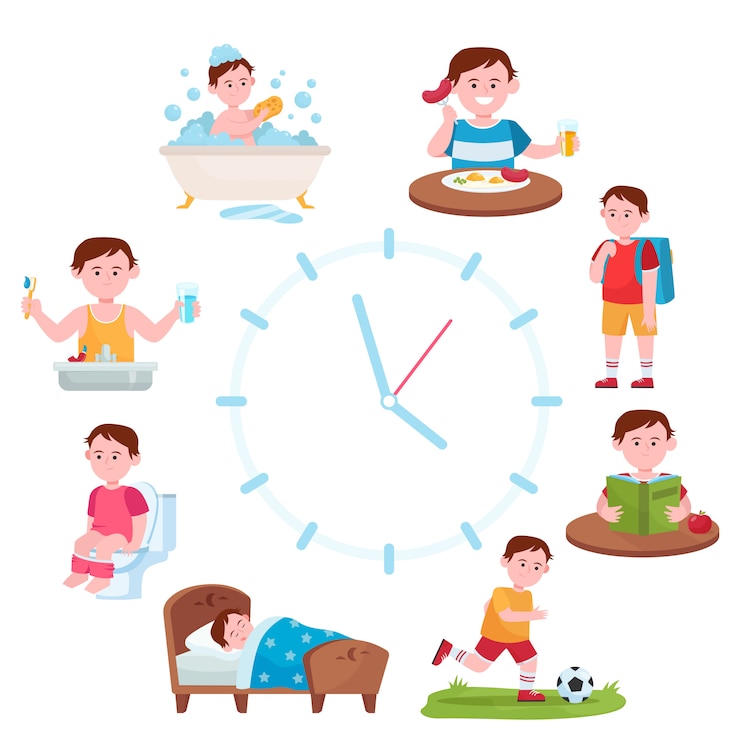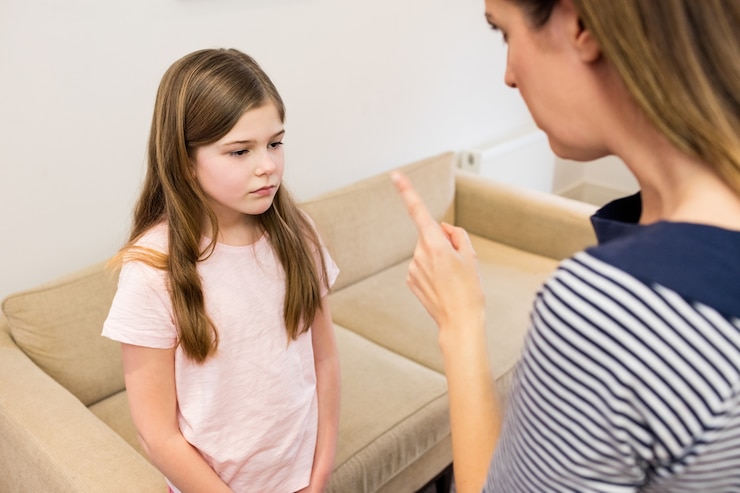
Explore 75 simple and science-backed calming techniques for kids that are both fun and effective in helping your child develop strong emotional regulation skills. Keep reading to discover more and download your free printable guide of these calming strategies to have on hand when your child is feeling overwhelmed with anger or anxiety.
Table of Contents
When it comes to a child’s emotional growth, few skills are as vital—and as indicative of future success—as emotional regulation.
Given that children’s nervous systems are still developing and their frontal cortex is under construction, it’s not surprising that they often struggle to manage their emotions effectively. Let’s be honest, many adults are still refining this skill too!
As a parent, one of the most valuable ways you can nurture an emotionally intelligent child is by helping them explore various calming strategies that bolster emotional regulation. You might have expected these skills to emerge naturally, but they truly develop through repeated practice, trial and error, and guidance. This approach teaches children to consistently find healthy ways to cope with and calm down during intense emotions.
You may wonder what distinguishes these calming strategies from others you’ve tried. These proven, research-backed techniques stand out because they:
1) Are rooted in the neuroscience of emotional regulation, helping children understand how their brain processes stress and strong emotions.
2) Involve activities that include co-regulation, emphasizing the importance of having close, supportive caregivers to help children return to a calm state.
3) Incorporate physical movements that offer calming, organizing sensory input to the brain and nervous system.
Discover or save for later: Anger management for kids: A therapist’s foolproof tips to soothe
Breathing exercises for kids can quickly calm their limbic system and reduce stress responses—one of the fastest and most effective techniques for calming down.
Writing a letter to someone about your feelings or a difficult situation can be incredibly therapeutic.
Essential oils are fantastic for emotional regulation, as our brain’s scent center is tied to our emotions. Find out which kid-friendly options we recommend!
Using squeeze balls, putty, or squishies is effective because they provide the brain with calming sensory input through joint compression. Try it and see for yourself!
Animal watching can introduce mindfulness to kids in an engaging way.
Inversion activities, such as hanging upside down, quickly engage the autonomic nervous system and slow the body’s stress response.
The “5-4-3-2-1” technique, naming five things you can see, four you can hear, three you can touch, two you can smell, and one you can taste, helps ground and calm the mind.
Simply holding something from nature or watching nature shows can have a calming effect on the brain.
Gratitude exercises can help soothe and deactivate the brain’s emotion center.
The “prone position” can help regulate the nervous system.
Focusing on a cognitive task shifts brain activity from the emotional amygdala to the thinking frontal lobes.
Read or PIN: The Best Ways to Help an Angry Child
There’s no single approach to emotional development that works for every child because each child’s needs change with their development, age, and even the seasons.
A key part of raising an emotionally intelligent child is teaching them how to care for their mind and body during emotional highs and lows, and this list of techniques is a great place to start!
This post includes a free printable list of calming strategies. (It’s tough to remember all 75 strategies, even before becoming a parent, so this makes it easy!)
Here’s a glimpse of it…
Related articles you might enjoy:
This post was originally published on 1/30/2020 and was recently updated.
About Angela Pruess LMFT
Hi! I’m Angela, a licensed children’s mental health expert, positive parenting coach, and mom to spirited kids who teach me new lessons daily. I believe every child deserves to live their best life and emotional health is crucial to lifelong success and happiness. Read more about me and the Parents with Confidence manifesto.



